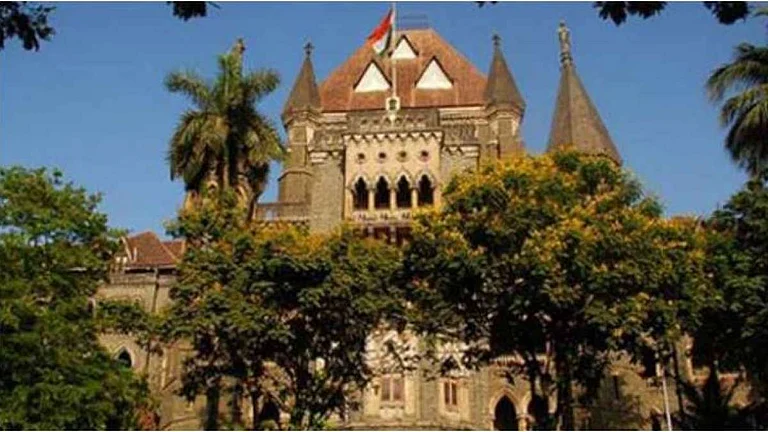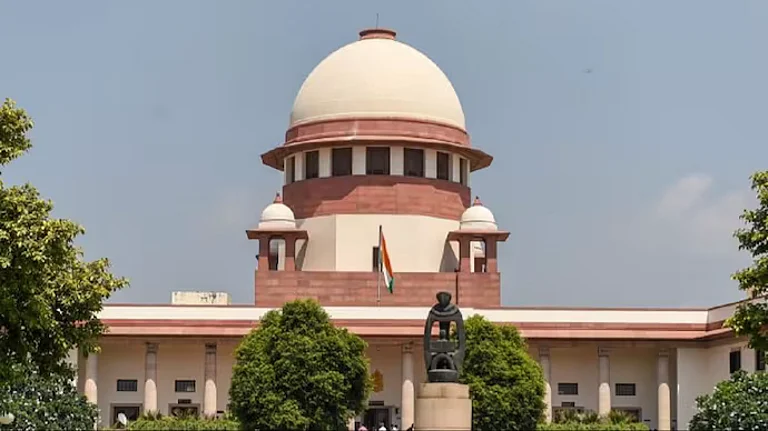The Supreme Court is set to hear a plea on July 8 that seeks to provide free sanitary pads to female students in classes 6-12 and ensure separate female toilet facilities in all government-aided and residential schools.
The plea, filed by Congress leader and social worker Jaya Thakur, highlights the challenges faced by adolescent girls from poor backgrounds in accessing menstrual hygiene products and proper toilet facilities in schools.
During the last hearing in February, the Centre informed the court that it is in the process of developing a national policy on distributing menstrual hygiene products to school-going girls.
The Supreme Court is scheduled to reopen on July 8 after its summer vacation, and a bench led by Chief Justice D Y Chandrachud will hear the plea.
On November 6, the top court directed the Centre to lay down a national model for building toilets commensurate with the number of girl students in all government-aided and residential schools across the country.
On April 10, the apex court appointed the secretary of the Ministry of Health and Family Welfare (MOHFW) as the nodal officer to coordinate with states and UTs and collect relevant data for formulating a national policy.
It noted that MoHFW, the Ministry of Education and the Ministry of Jal Shakti have schemes on menstrual hygiene management.
The court also ordered all states and UTs to submit their menstrual hygiene management strategies and plans that are being executed with the help of funds provided by the Centre or through their own resources to the Mission Steering Group of the National Health Mission within four weeks.
The apex court said the states and UTs shall also indicate to the Mission Steering Group of the National Health Mission the appropriate ratio of female toilets for residential and non-residential schools in their respective territories.
It asked all states and UTs to also indicate the steps which have been taken to provide low-cost sanitary pads and vending machines in schools and their appropriate disposal.
The plea filed by Congress leader Thakur has said adolescent females from poor backgrounds between the ages of 11 and 18 years face serious difficulties in receiving education, a constitutional right under Article 21A of the Constitution.
"These are adolescent females who are not equipped with and are also not educated by their parents about menstruation and menstrual hygiene.
"The deprived economic status and illiteracy lead to a prevalence of unhygienic and unhealthy practices which have serious health consequences, increase obstinacy and lead to eventual dropping out from schools," the petition said.
(With PTI Inputs)






__571_855_.jpg?w=801&auto=format%2Ccompress&fit=max&format=webp&dpr=1.0)




















